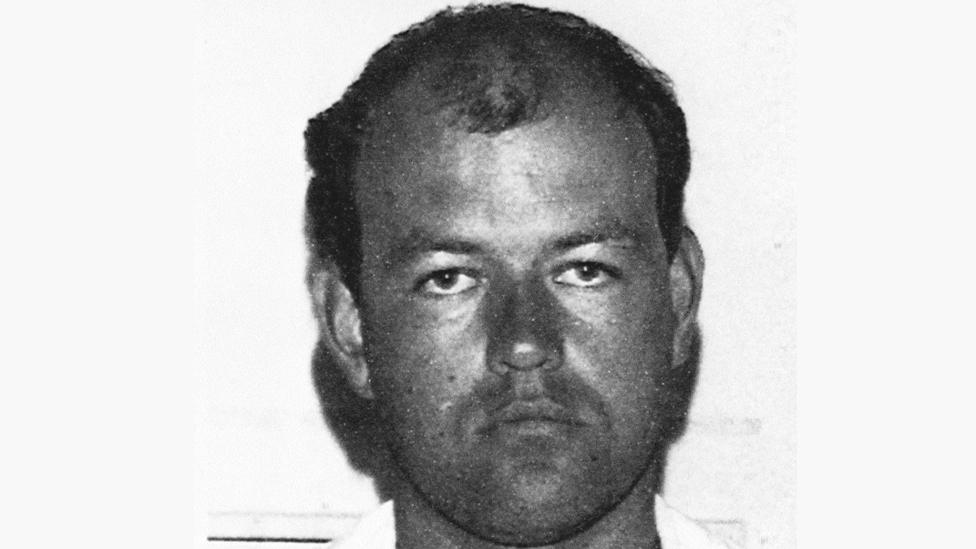MP welcomes parole reforms after Pitchfork release
- Published

Colin Pitchfork spent 33 years in prison for the murders
An MP who campaigned against the release of double child killer Colin Pitchfork has welcomed "landmark" changes to the parole system.
The new rules announced on Wednesday mean ministers will be able to block the release of serious offenders.
Pitchfork, who murdered Lynda Mann and Dawn Ashworth in Leicestershire, was freed from jail last year, but recalled over concerns about his behaviour.
MP Alberto Costa said the changes were needed for public safety.
Pitchfork spent 33 years in prison for raping and strangling Lynda in 1983 and Dawn in 1986.
He was released in September, but recalled to jail in November because he was understood to have been approaching young women.
South Leicestershire MP Mr Costa lobbied against the proposed release of Pitchfork for several years.

Dawn Ashworth and Lynda Mann were raped and murdered by Pitchfork
He said "a greater degree of oversight is needed over decisions to release dangerous prisoners".
Conservative MP Mr Costa added: "I very much welcome the landmark changes to the parole system as outlined by the justice secretary.
"Given the deeply flawed nature of the Parole Board's decision to release the convicted child rapist and killer Colin Pitchfork, it is clear to many, my constituents included, that a greater degree of oversight is needed over decisions to release dangerous prisoners, and I am pleased that the government have listened to my calls over the past few years, and have acted to ensure that ministers will have the final say where public protection is concerned."
Mr Costa added: "My concerns over the decision to release Colin Pitchfork were only underlined further following his recall to prison after only a few weeks.
"That decision and the public outcry that resulted, only underlined my intention to push for further changes to the parole system, and I am pleased that the government have now acted.
"The safety of the public must always be the primary consideration in these matters, and I greatly welcome this new level of oversight which will ensure dangerous offenders stay in prison for longer."
'Web of confusion'
But Peter Dawson, director of the Prison Reform Trust, described the proposal as a "solution looking for a problem".
"No-one doubts the public concern that coverage of high-profile cases creates," he said.
"But the job of Lord Chancellor should be to serve the interests of justice. The Parole Board is already a deeply cautious body, with an exceptional record of success. The report ignores the evidence, and as a result creates a web of confusion which will serve the interests neither of victims nor the people who have served the punishment their offending deserved."

Follow BBC East Midlands on Facebook, external, on Twitter, external, or on Instagram, external. Send your story ideas to eastmidsnews@bbc.co.uk, external.
Related topics
- Published30 March 2022

- Published22 November 2021

- Published1 September 2021
